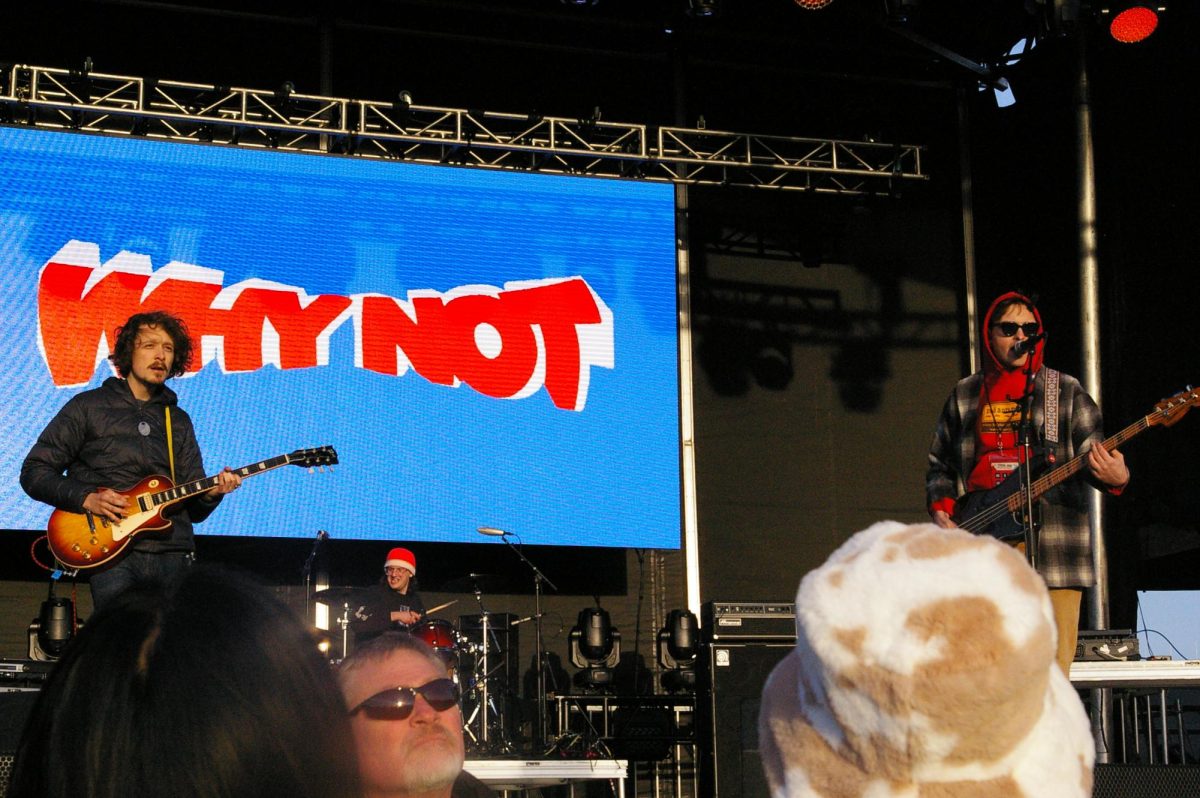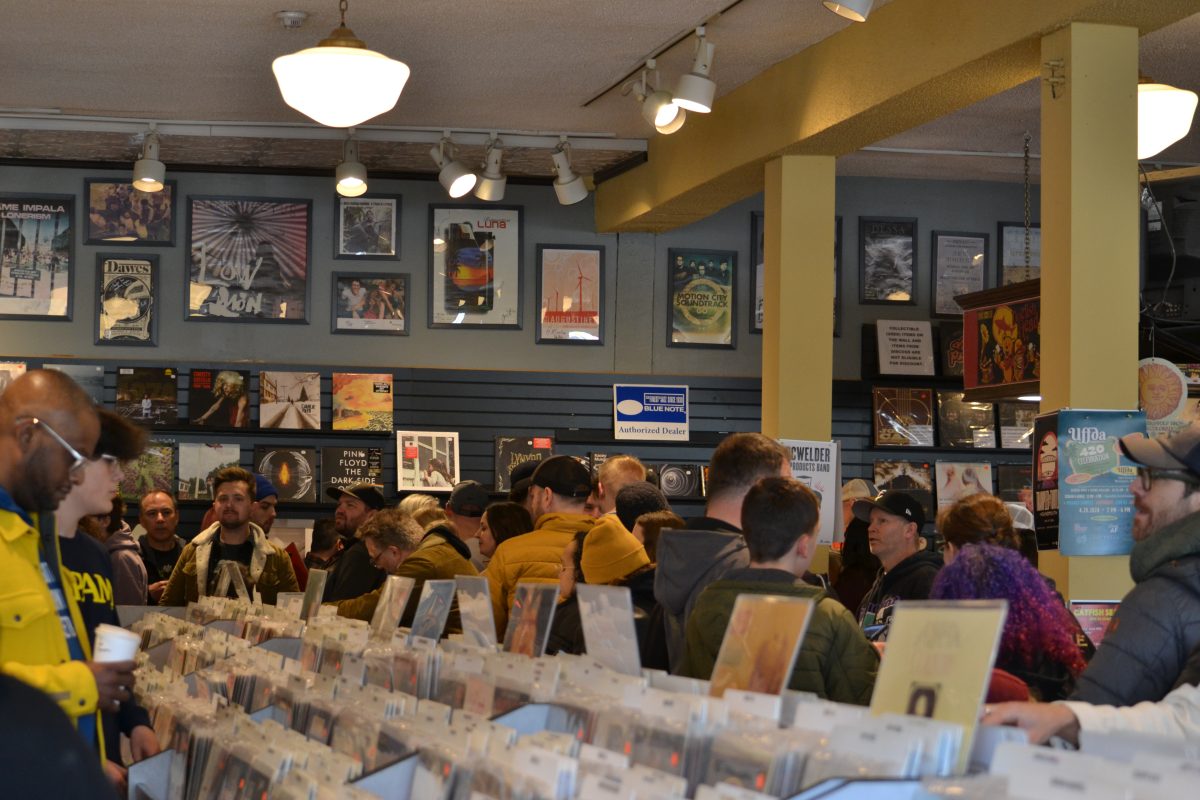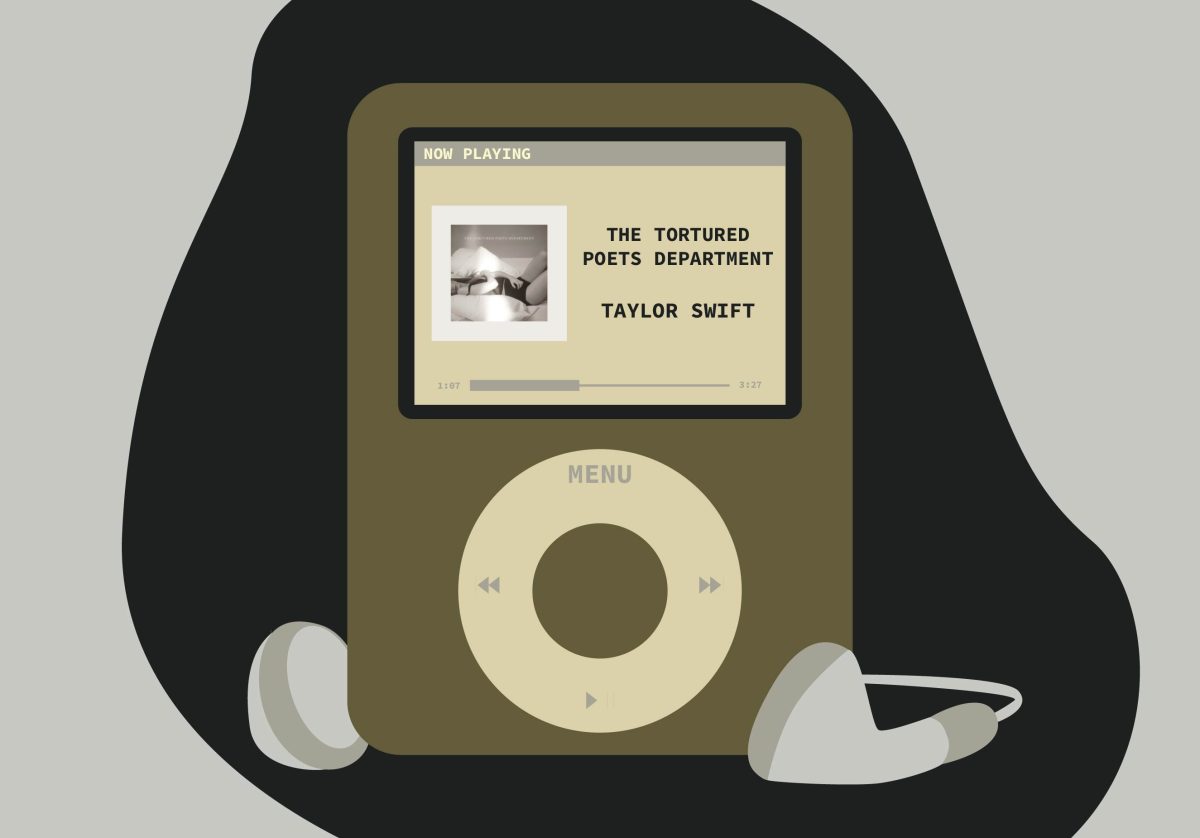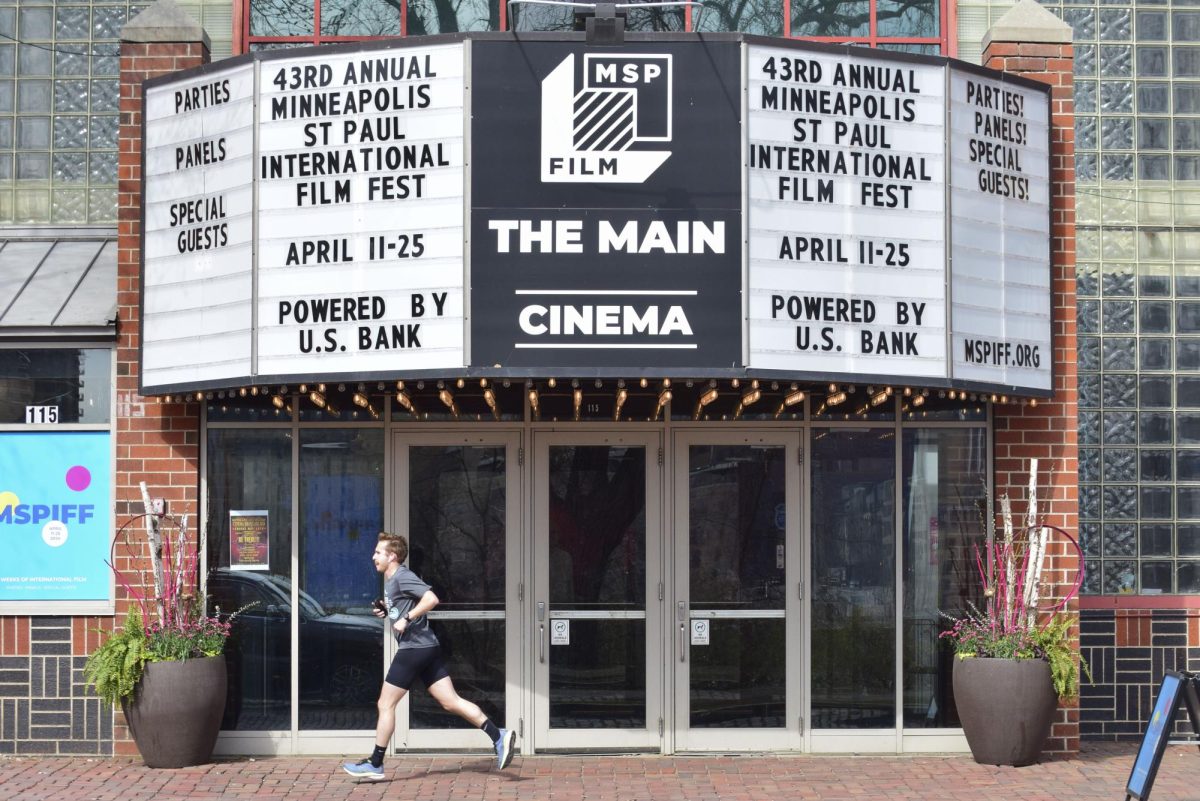A&E sat down with Minneapolis comedian Raghav Mehta to discuss the intricacies of stand-up comedy, his migration from Minneapolis to the Big Apple and advice for burgeoning comics.
Mehta’s final headlining shows in the Twin Cities are Oct. 28 and 29 at 8 p.m. at the Comedy Corner Underground. Tickets are $10 per person.
When and why did you start doing stand-up comedy?
I was originally a journalist, interning at local papers and City Pages. I felt like I was making somewhat of a career out of arts journalism. Just as that was happening, I realized I didn’t want to write about other people. I had a friend who did comedy and he was always talking about it. I said, “Alright. I’ll try it.” I didn’t think I’d be good at it … and I wasn’t. I just kept doing it because it was fun.
Did you have any interest in comedy when you were younger?
I would make sketches with my friends in high school, but I never considered [comedy] a career option. We would do a satirical slant on our high school news show and make fake stories. It was like our version of The Onion.
What’s it like when you start doing stand-up comedy?
Well, the first few months are hard. I ended up meeting a few like-minded people after a few months who had a lot of natural talent. I frequented open mics with them; they were a good source of inspiration and support.
The first couple years are about getting comfortable on stage. You do open mics and you learn to get your feet wet.
I started getting better and got booked on shows and then in clubs. Eventually I somehow conned my way in.
What do you feel like the turning point was?
I did a trial period with The Onion. When I started [the trial] I was kind of disenchanted with stand-up. I was maybe two and a half years in and still not very good at it. I started to feel like maybe I was more of a writer. During the trial period I sent [The Onion] headlines for four to six months. I didn’t get the job, and I was a little devastated by it. After I got rejected, I sort of poured myself into stand-up.
I felt like I hit a breakthrough at that point. I don’t know if I was just desperate to be good at it or what.
Why are you moving to New York City? What does it provide that Minneapolis doesn’t?
Well, Minneapolis is definitely a good place to get stage time and to get good. I certainly don’t think I’m better than anyone here or that I’ve hit a ceiling, but it’s such a small scene. There isn’t a lot of competition — you can get complacent. I feel like I need to go to New York to improve and establish some sort of career.
If you could have a dream trajectory, what would it be? Superstar, stand-up or writer?
I’d like to write for a satirical TV show like The Daily Show or John Oliver and then tour as a stand-up comedian on the side. It won’t be easy and it might not happen, but I think it’s realistic.
What advice do you have for someone who wants to do stand-up?
Go into open mics and grind. It sounds so simple, but that’s mostly it.
Most people who want to do comedy don’t want to do the work — you have to. Get on every stage you can — even the bad stages. Surround yourself with not only funny people, but people who are like-minded comedically. Write with them, work with them and go to open mics with them. Use them to push you.
And you’ve gotta be humble because you’re doing something very difficult.
The most important thing is to not take anything too personally — successes or failures. You never know why you got a gig or why you didn’t.
I think a lot of comics think it’s this hard line meritocracy … or that it should be. But art is never a meritocracy, especially when it meets commerce.
Editor’s note: this interview has been edited for length and clarity.














